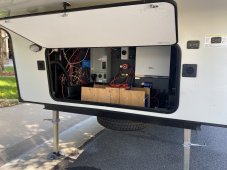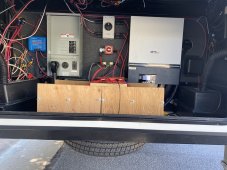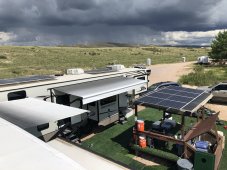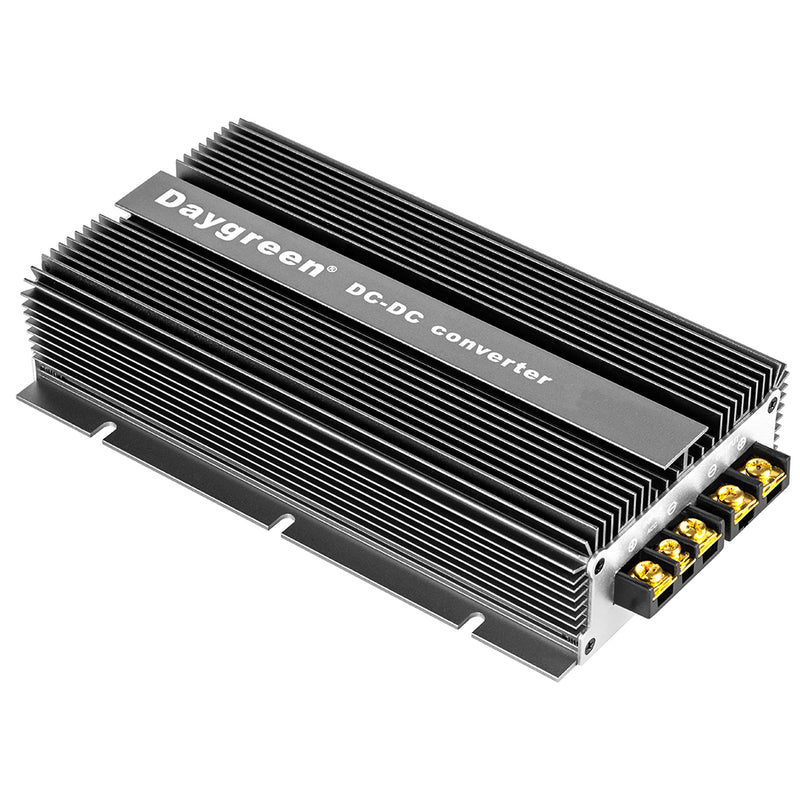I am building out an all new electrical system for an old airstream. I’d like to keep things simple, cheap and expandable. To start, I want to build something like this
1 LiFePO4 battery from EG4
1 Growatt all-in-one inverter (5kW or 3kW)
900W of solar panels
I could use some help. First, I can see a lot of advantages of running a 48V system. Would there be any concerns of running all 48V in my camper?
Second, I’m looking at a growatt 5kW inverter all in one that runs at a 240VAC output. I’m located stateside so I want to run at 120V. Are there 5kW growatts or other comparable all in ones that output 120VAC? If not, Would I have to run a transformer for this model? Are there transformers you recommend?
Third, do all solar panels work for these voltages? Are there specific panels for 12v or 48v systems?
Lastly, do I have to run a 48V to 12V step down converter to run tail lights? Or can that all be powered by my truck’s power connection?
I’d love any advice you can give as I am new to solar and there is a steep learning curve. Thanks,
- Marco
1 LiFePO4 battery from EG4
1 Growatt all-in-one inverter (5kW or 3kW)
900W of solar panels
I could use some help. First, I can see a lot of advantages of running a 48V system. Would there be any concerns of running all 48V in my camper?
Second, I’m looking at a growatt 5kW inverter all in one that runs at a 240VAC output. I’m located stateside so I want to run at 120V. Are there 5kW growatts or other comparable all in ones that output 120VAC? If not, Would I have to run a transformer for this model? Are there transformers you recommend?
Third, do all solar panels work for these voltages? Are there specific panels for 12v or 48v systems?
Lastly, do I have to run a 48V to 12V step down converter to run tail lights? Or can that all be powered by my truck’s power connection?
I’d love any advice you can give as I am new to solar and there is a steep learning curve. Thanks,
- Marco
Last edited:







